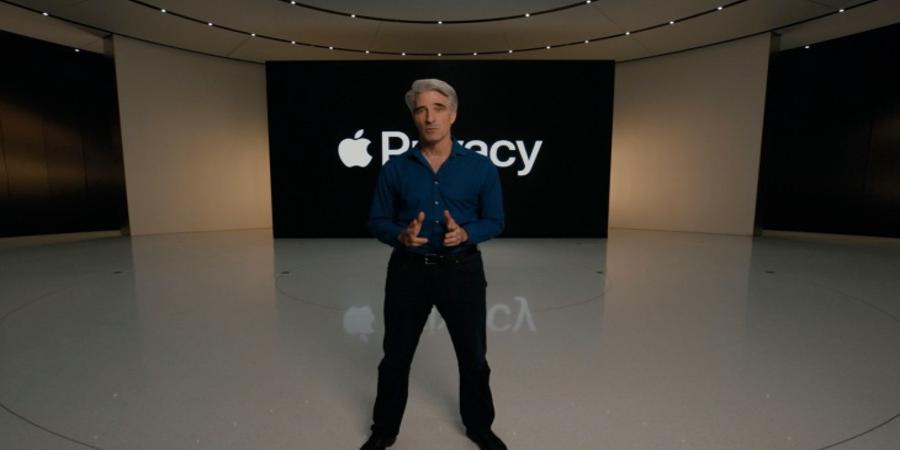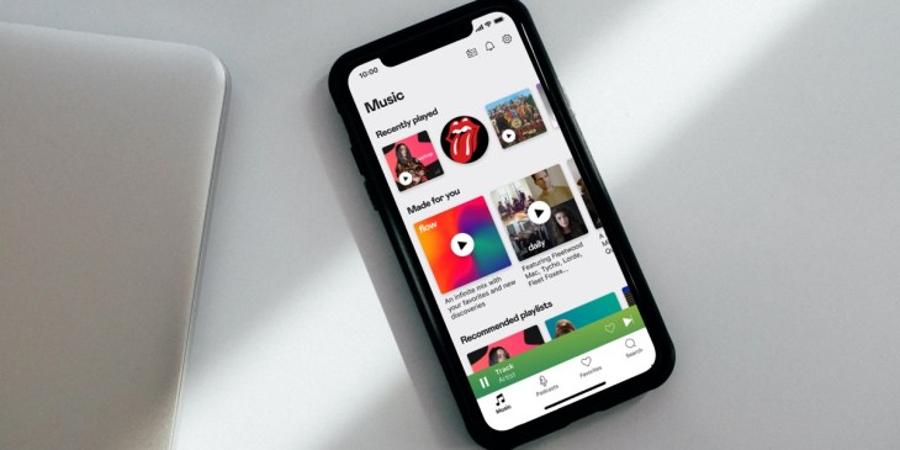Bad news could be brewing for Apple in France, where the national competition authority has issued a statement of objections related to how it tracks iOS users.
The watchdog, L’Autorité de la Concurrence, said today that it suspects the iPhone maker of abusing a dominant position by implementing what it described as “discriminatory, non-objective and non-transparent” conditions for the use of user data for advertising purposes.
It has been investigating how Apple uses iOS user data for ad targeting for several years — following complaints by several advertising industry groups, which, back in 2021, sought to have the watchdog block Apple’s introduction of the App Tracking Transparency (ATT) feature.
ATT requires third-party apps to ask iOS users for permission to track them for ad targeting. And advertisers quickly accused Apple of not playing fair since, unlike third-party apps, its own native iOS apps did not trigger the same up-front ask to users over whether Apple could use their data for so-called personalized ads. Instead, iOS users had to proactively search in settings to opt out of Apple’s own tracking.
In March 2021, the French watchdog declined to block the introduction of ATT but said it would continue to investigate whether Apple is applying less restrictive rules for its own apps versus third-party developers (aka “self-preferencing”).
Today it’s warned Apple that it believes it is abusing a dominant position by doing that.
Apple was contacted for comment on the French watchdog’s statement of objections. A company spokesperson sent this statement:
App Tracking Transparency (ATT) gives users more control by requiring all apps to ask permission before tracking them. Apple, like all developers, is required to comply with ATT. Apple’s apps do not show an ATT prompt because they do not track, meaning they do not link user or device data with user or device data collected from other companies’ apps, websites, or offline properties for targeted advertising or advertising measurement purposes, nor do they share user or device data with data brokers. Additionally, Apple holds its advertising business to a higher standard of privacy than it requires of any other developer by prompting users for explicit permission before delivering any personalized ads. We have previously received strong support from regulators and privacy advocates on the goal of ATT, including from the FCA [French Competition Authority] and the CNIL [French data protection authority], and we will continue to engage with the FCA constructively to ensure users remain in control of their data.
It has previously defended how it implements app tracking — arguing it applies its pro-privacy rules equally to all developers, including itself, while simultaneously claiming it holds itself to a higher privacy standard than “almost any other company” by providing users with a choice over ad tracking.
Apple also argues that its own apps do not need to show an ATT prompt because they do not track users, in the sense it defines the term — which means they do not link user or device data with user or device data collected from other companies’ apps, websites, or offline properties for targeted advertising or advertising measurement purposes; nor do they share user or device data with data brokers — hence its claim to hold itself to a “higher standard of privacy” than most other businesses.
Per Apple, its pro-privacy measures are also extremely popular with its users — with a large majority of iOS users choosing not to be served personalized ads. As of Q1 2022, it said 78% of App Store search volume for devices running iOS 15 or later came from devices with personalized ads turned off.
Cupertino now has a chance to respond to the French watchdog’s accusations before a final decision can be reached by the regulator.
If it confirms an antitrust breach, it has powers to fine Apple and/or order it to rectify infringing behavior. However, at this stage the watchdog only suspects an abuse. And in a brief press release announcing the statement of objections, L’Autorité emphasized this step does not prejudice the outcome of its investigation.
Source @TechCrunch



